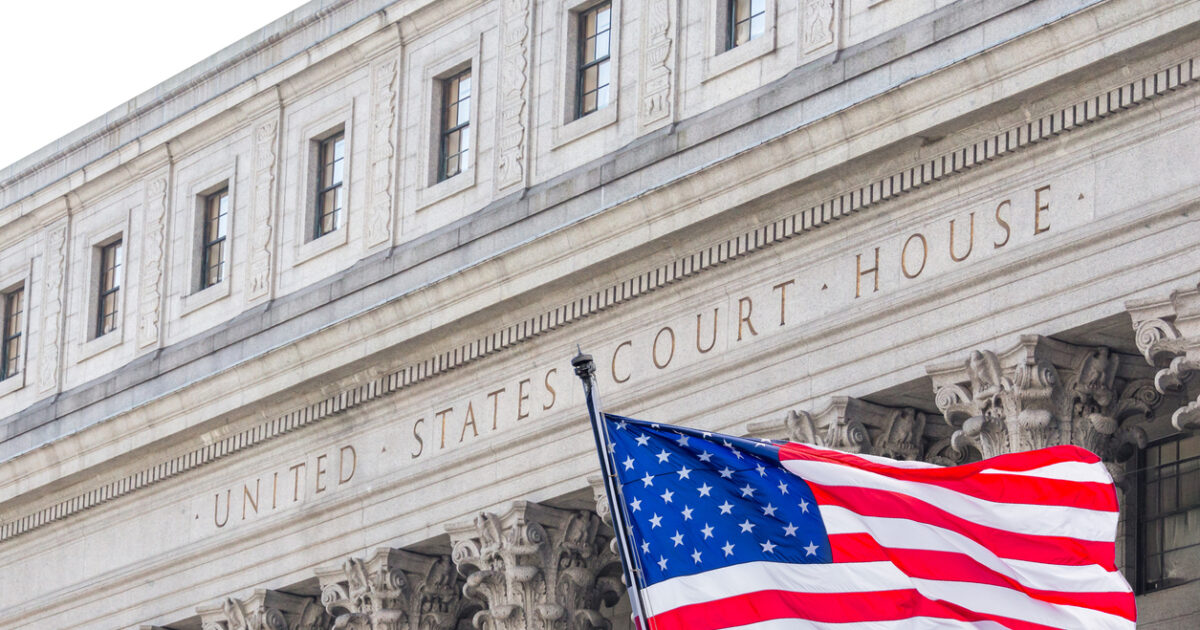Accepted to examine the US Supreme Court the legality of customs dictatorial imposed by the Donald Trump – which the Conservatives have a decisive majority- in early November, according to yesterday’s (9.9.25) statement.
Specifically, the Washington Federal Court of Appeal ruled at the end of August that much of the “reciprocal” customs duties announced by Donald Trump after began his second term in the White House, was imposed illegally, however.
Following the recourse of the Republican government, Scotus agreed to examine the issue urgently and planned hearing so “on the first week of November”, he announced yesterday.
The US government argued to the Supreme Court that the annulment of duties would harm its negotiations on commercial issues with various other states.
He is worried about the possibility of losing thus of crucial pressure lever. The fear of prohibitive duties in essence forced many Washington partners, including the European Union, to abstain from taking return measures and make efforts to further open their markets to US products.
Until the issue is resolved at the level of justice, the negotiations continue with some countries. Republican President Trump was specifically referred to in the continuation of talks with India yesterday, most of whose products are now targeted by 50% and now, in terms of sanctions for the purchase of Russian oil from New Delhi. “I am sure that we will not find it difficult to reach a favorable outcome for our two great countries,” he assured via Truth Social.
After regaining power in January, Donald Trump has implemented, by waves, additional tariffs on products imported to the US. Range from 10% to 50%, as appropriate and country.
It is these “reciprocal” duties, different from those in specific areas (cars, steel, aluminum, copper) that are at the heart of the legal battle.
The Court of Appeal pointed out that a law on financial emergency does not give the President “the power to impose customs duties and other taxes”, as this is the exclusive privilege of Congress.
The issue was initially examined by a specialized judicial institution, the Federal Court of International Trade (ITC), which ruled that no US president could invoke the 1977 Emergency Act (IEEPA) in order to justify the imposition of “unlimited” countries.
IEEPA law allows the president to decide “necessary financial measures” or impose financial sanctions to “deal with ‘extraordinary and unusual’ threat ‘, the court explained in May.
